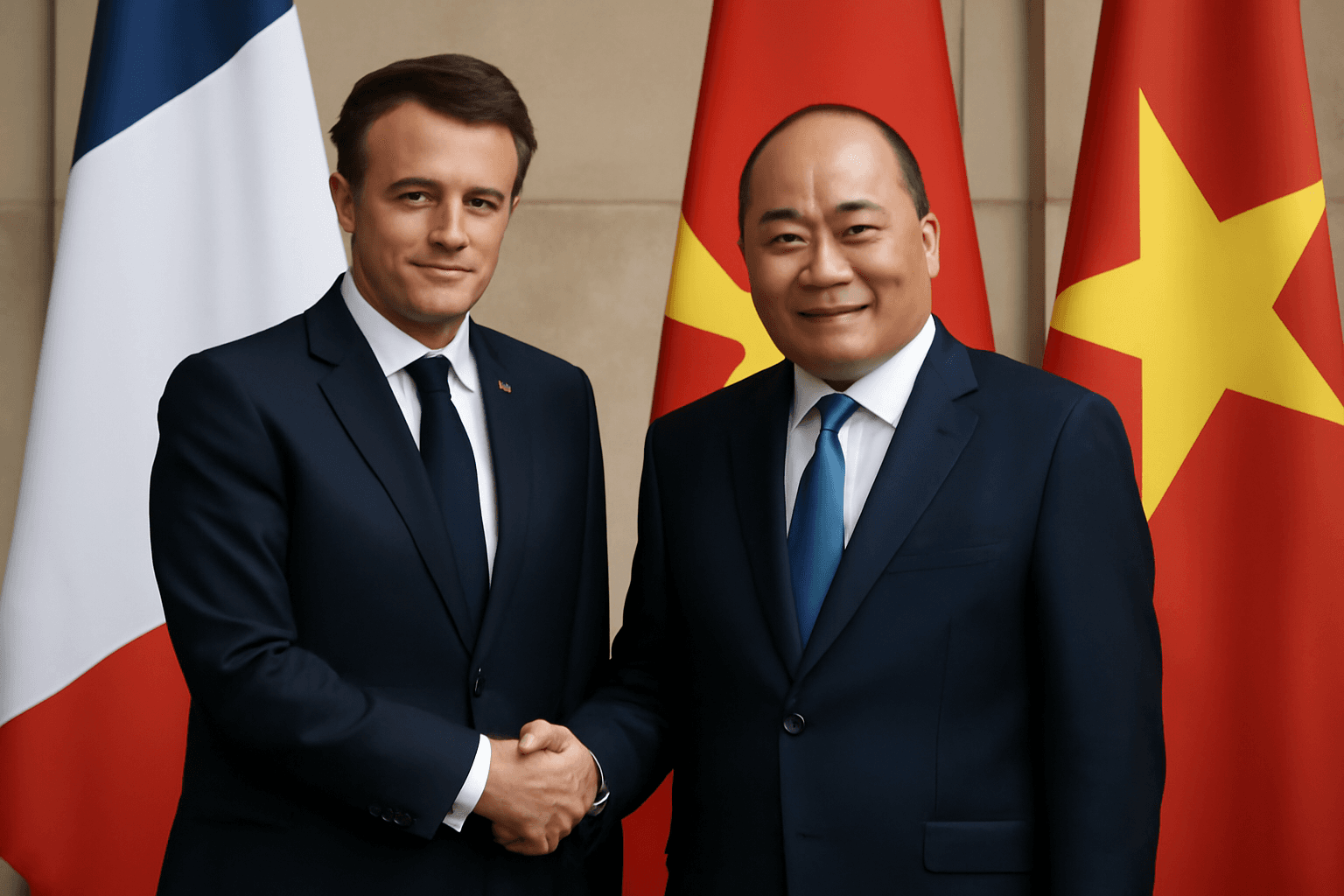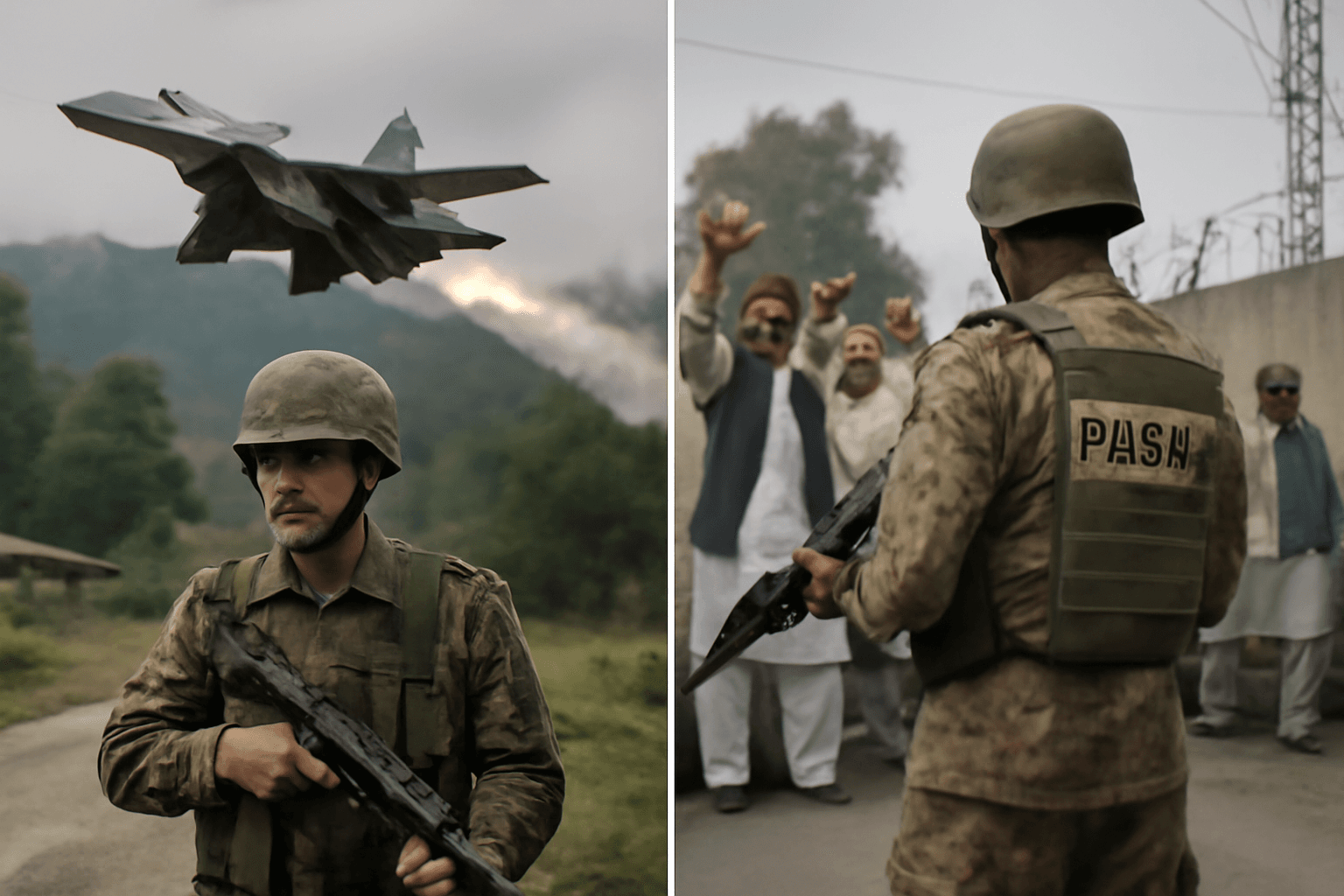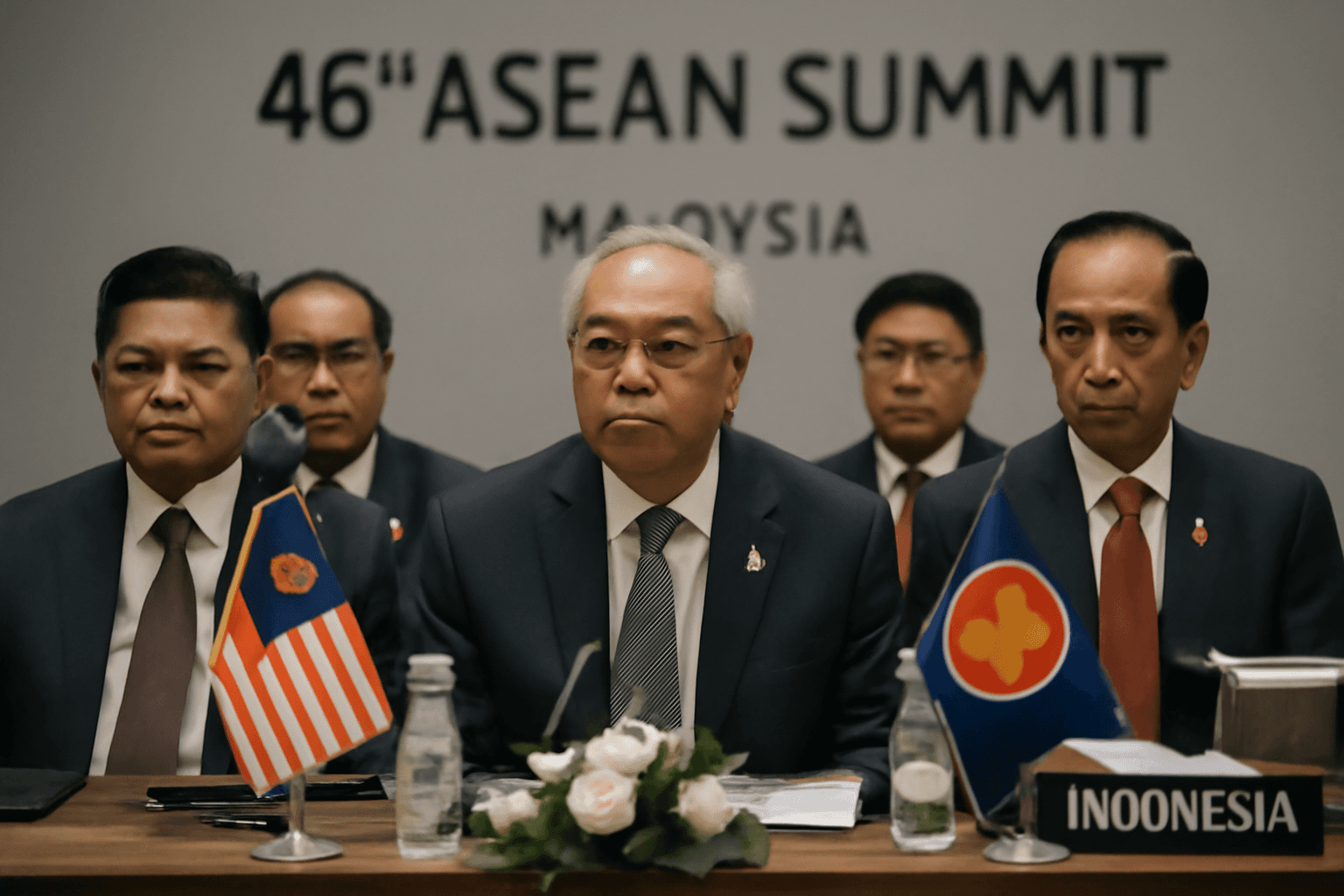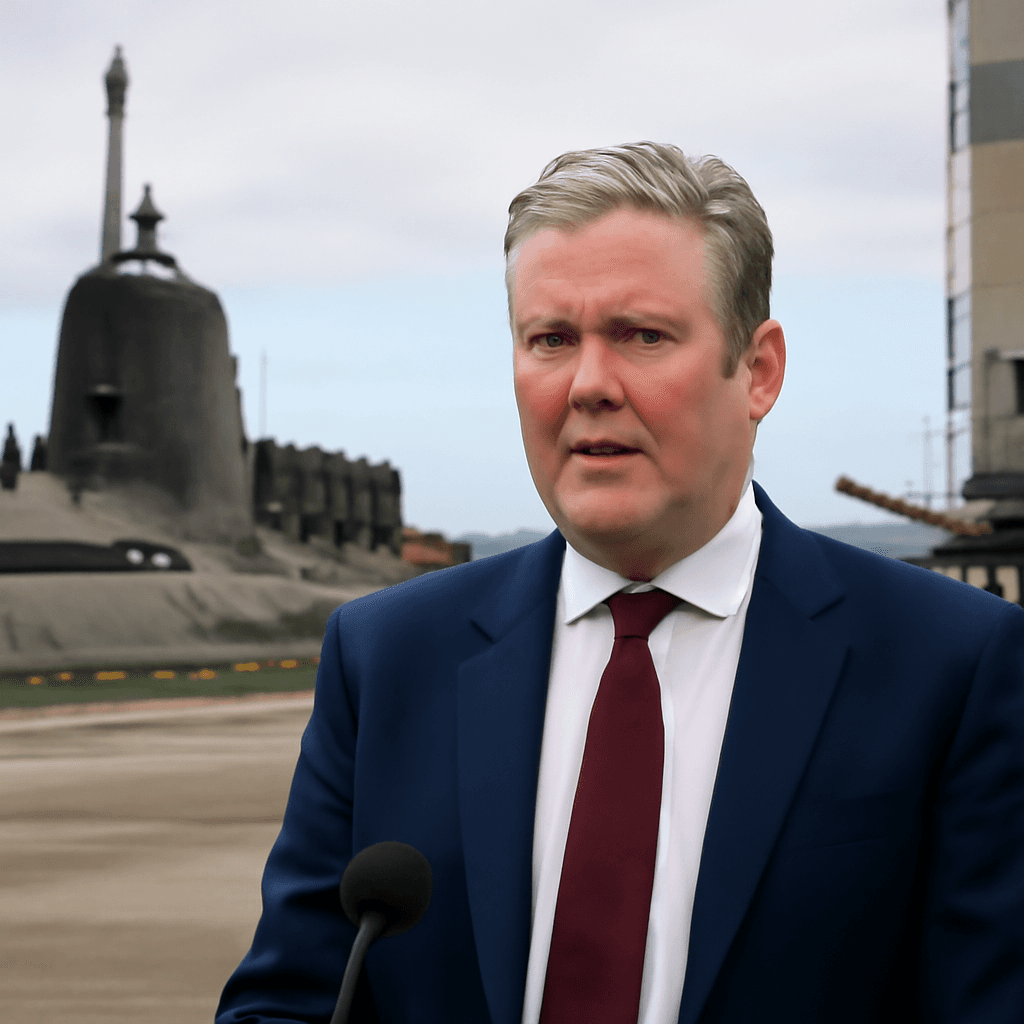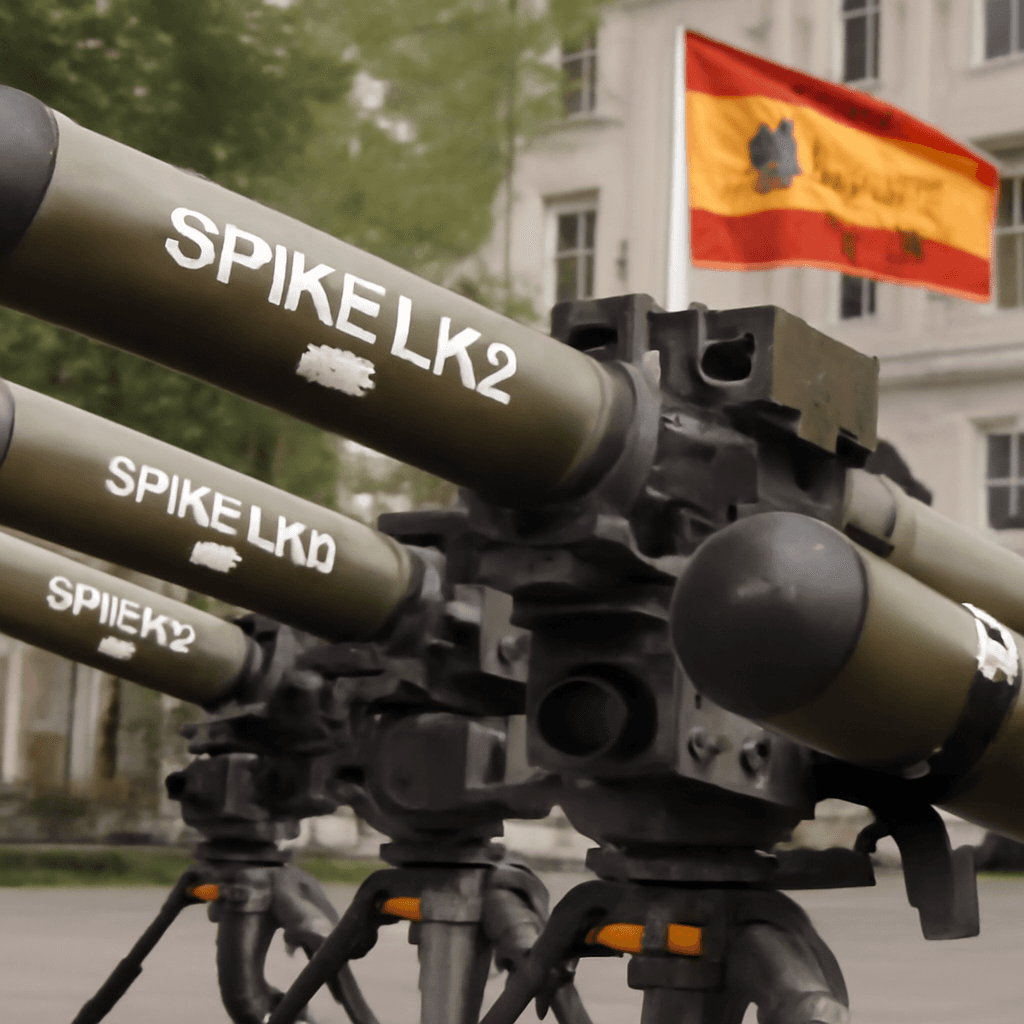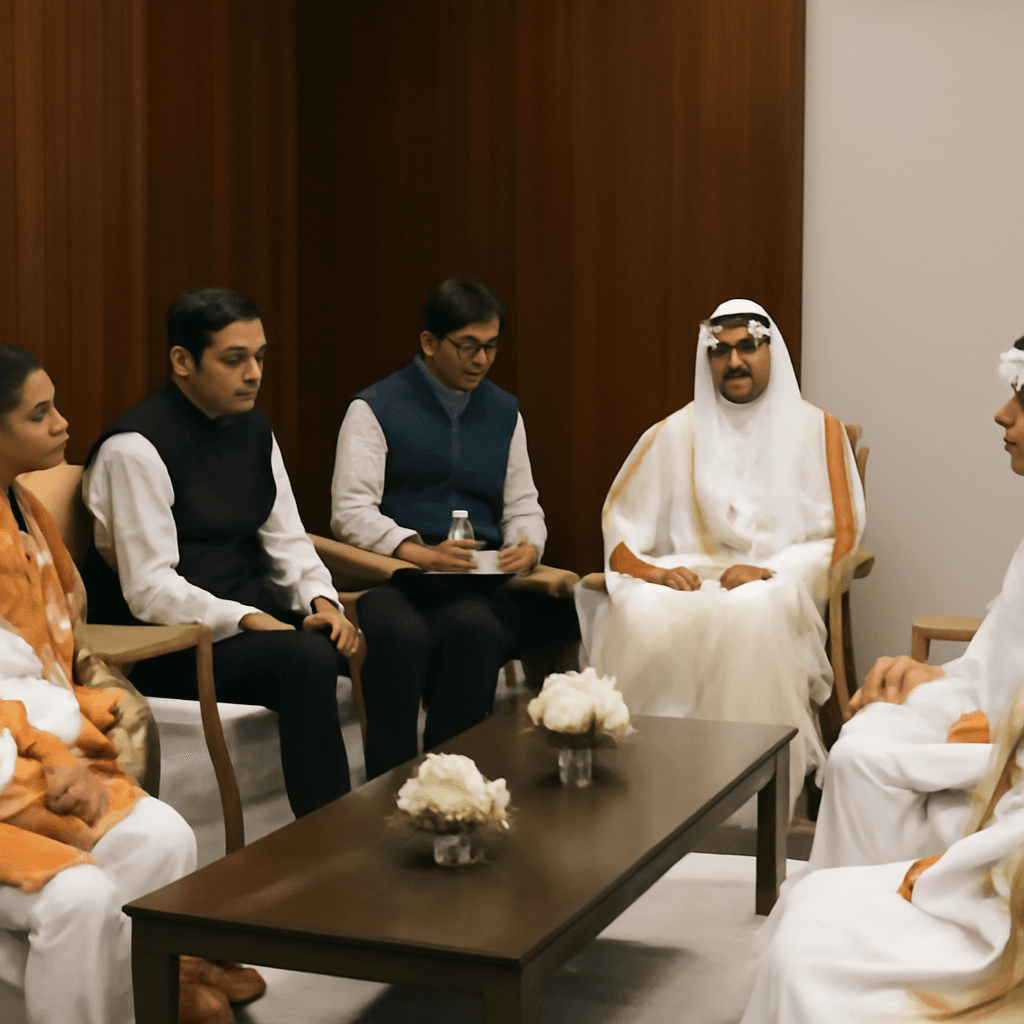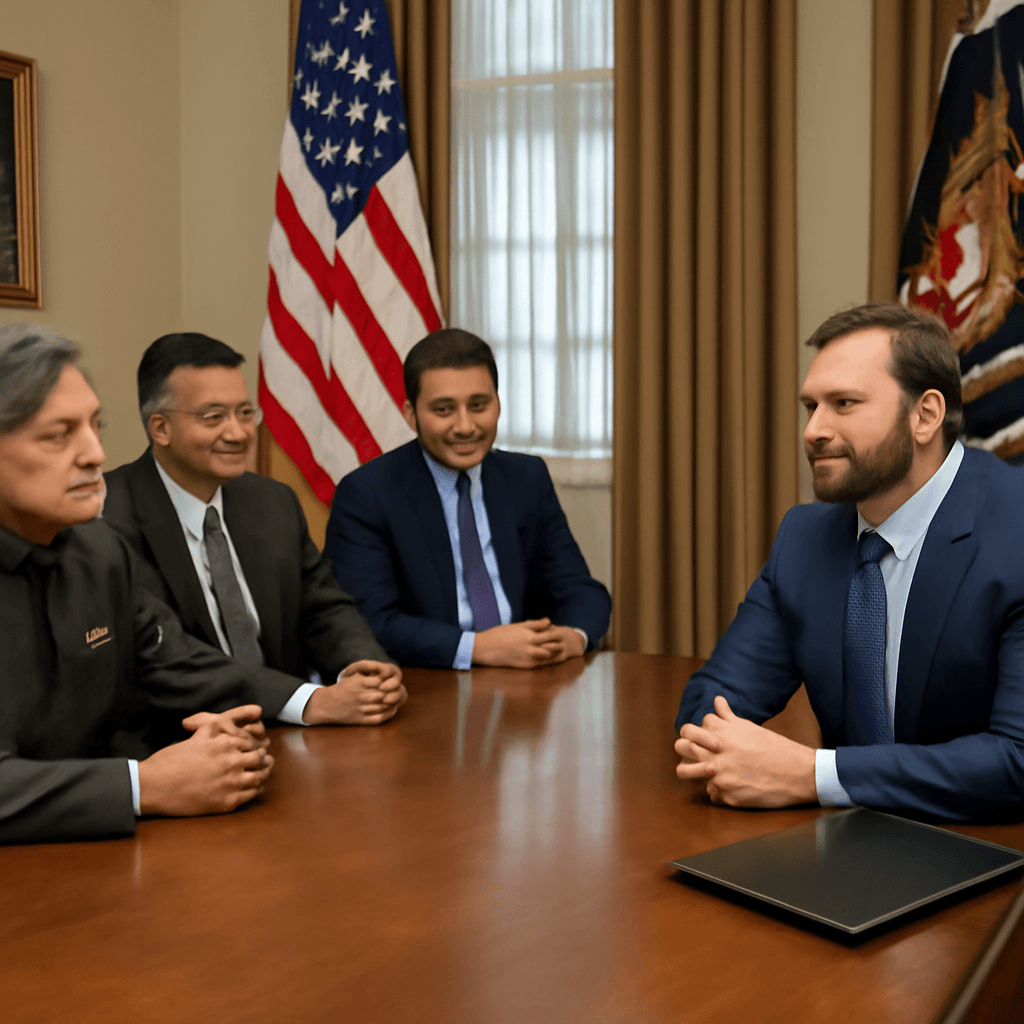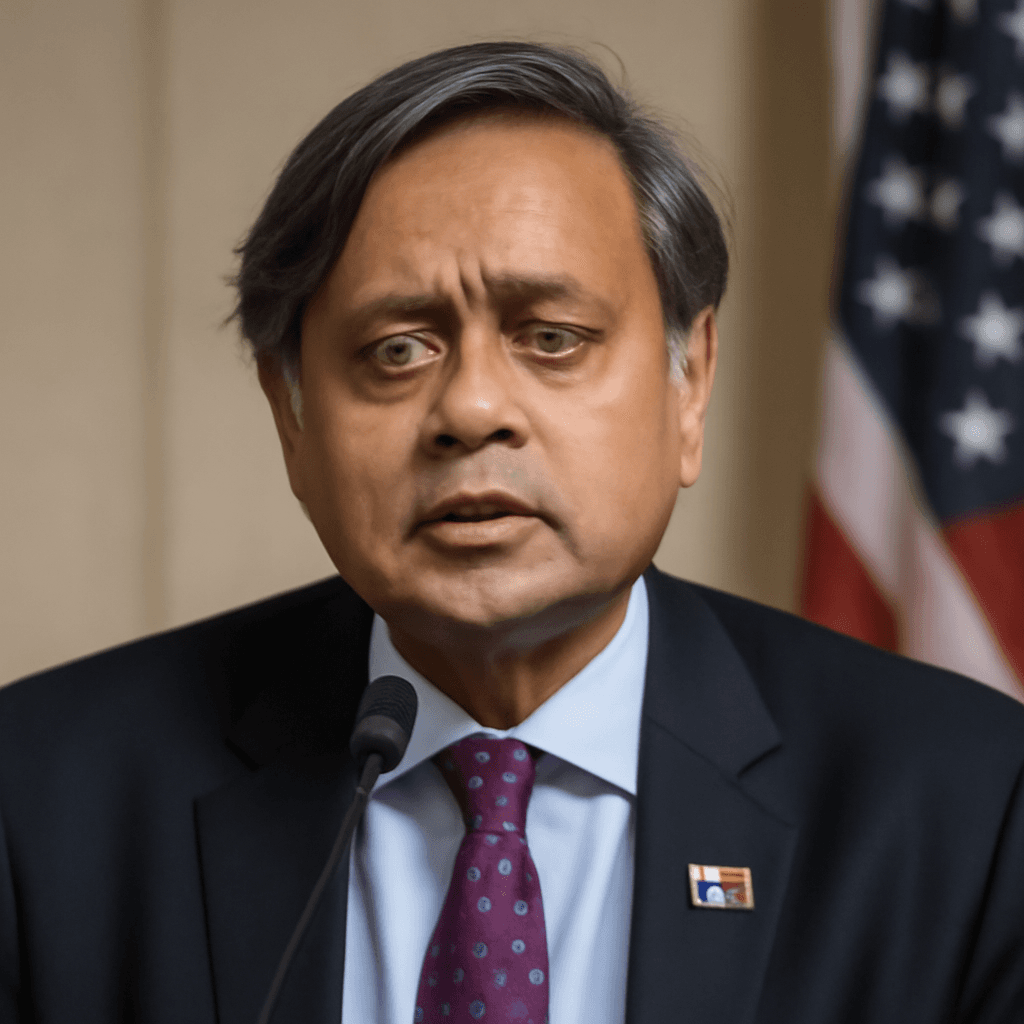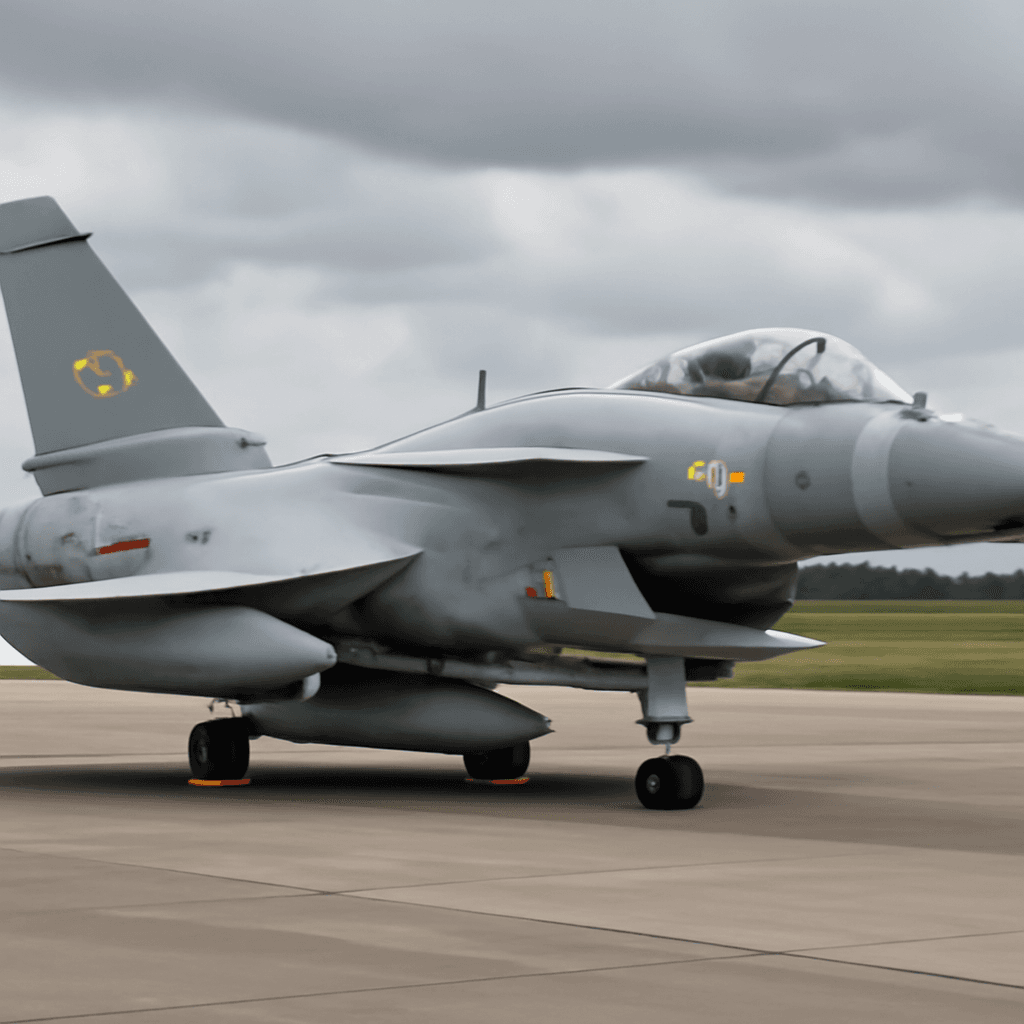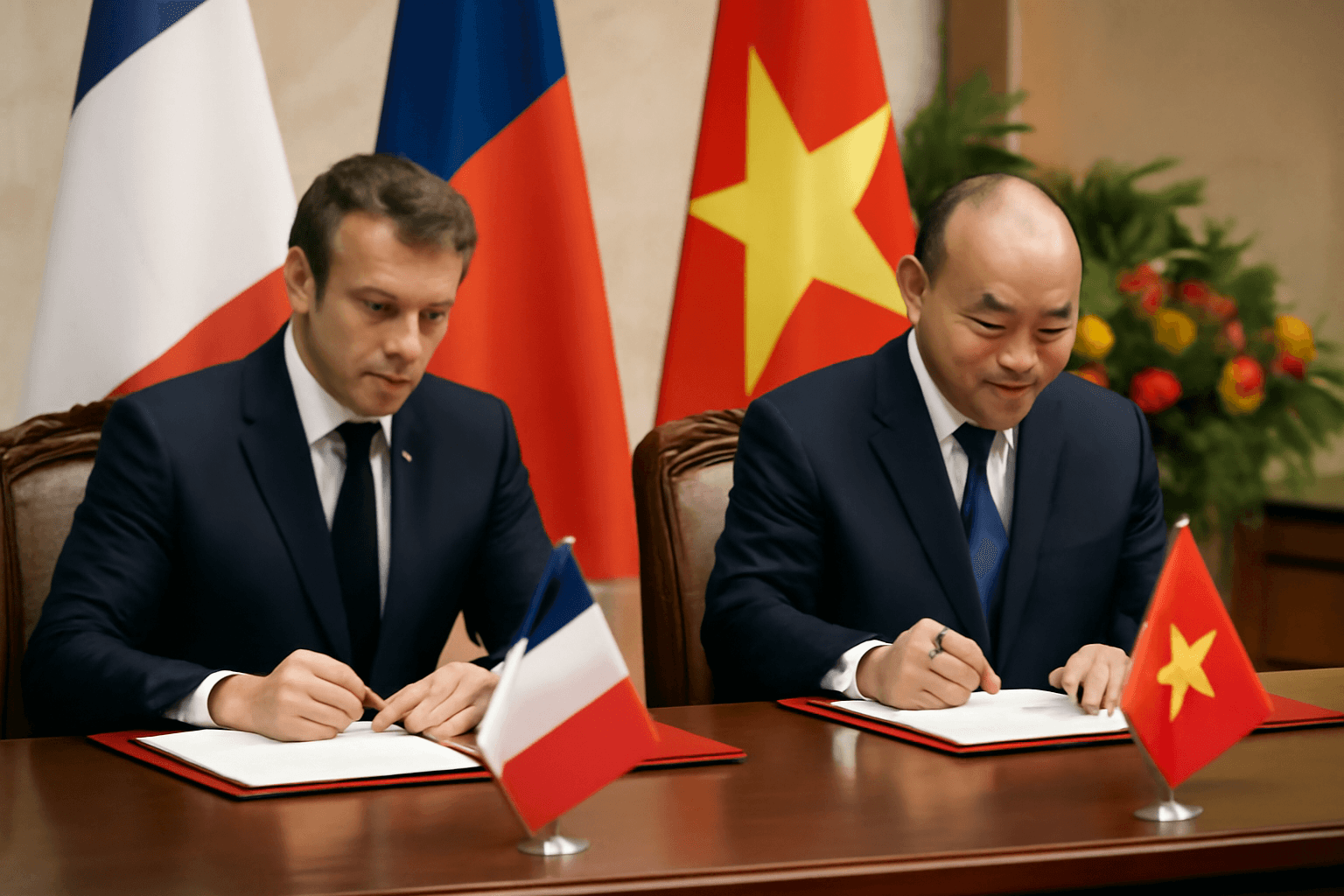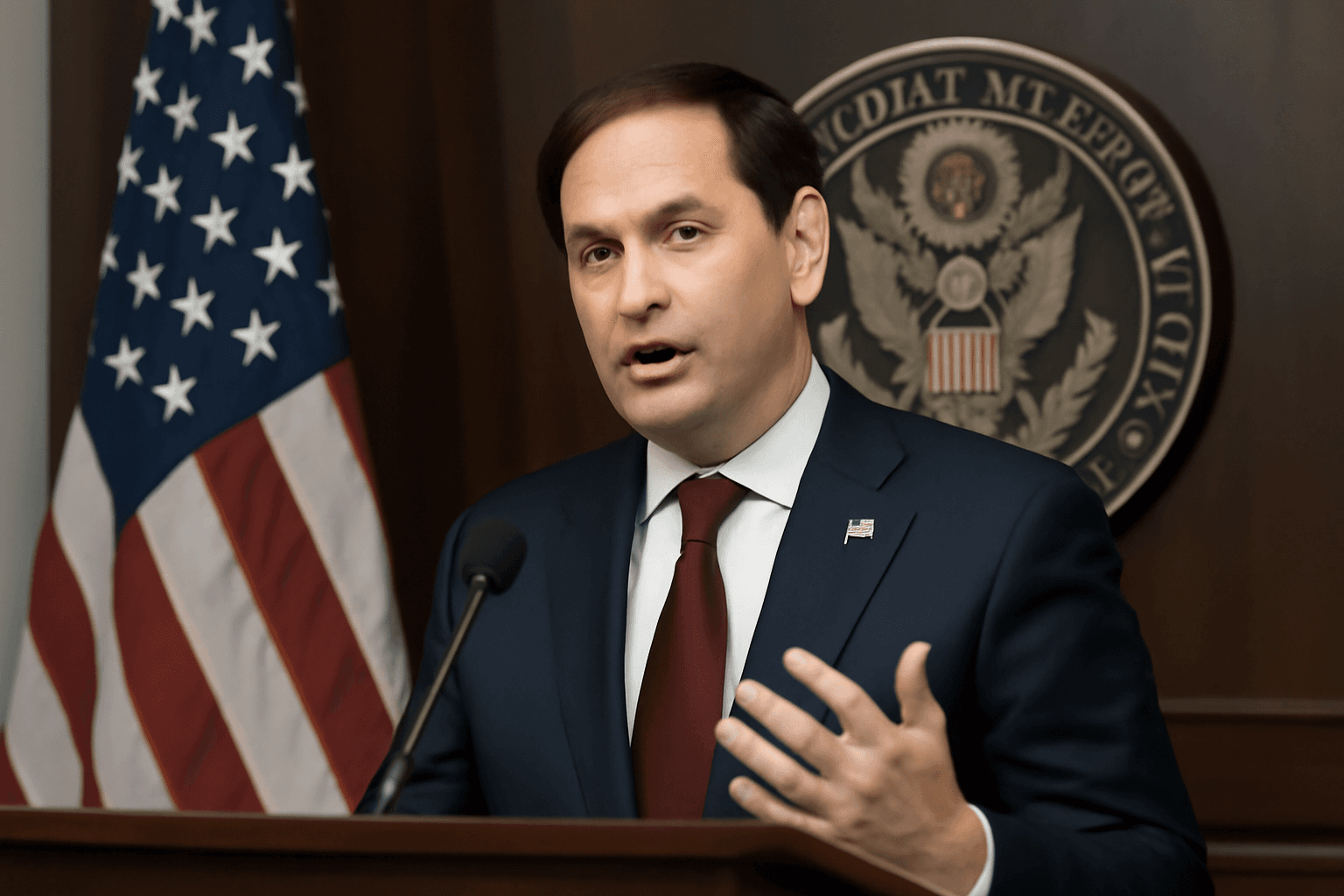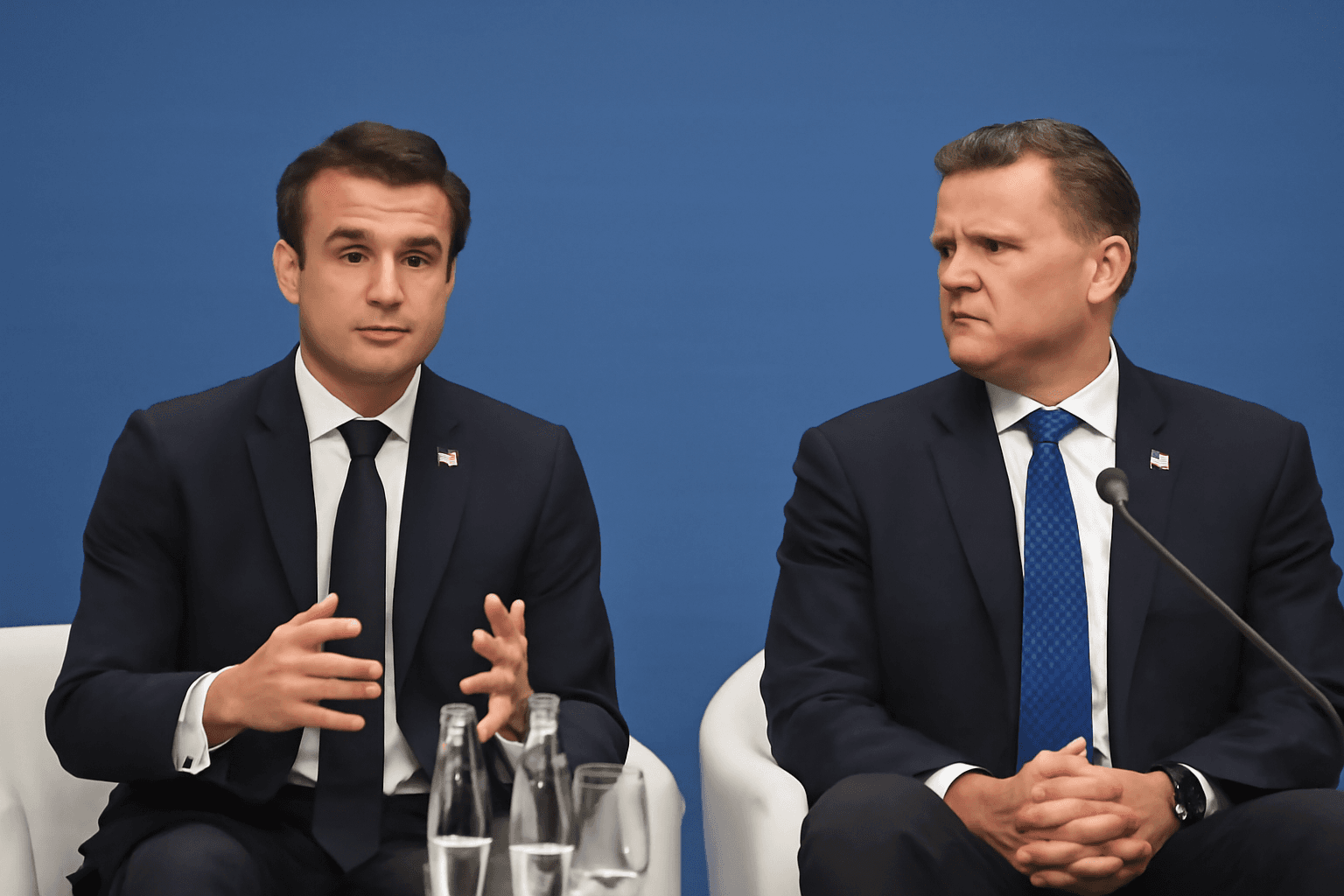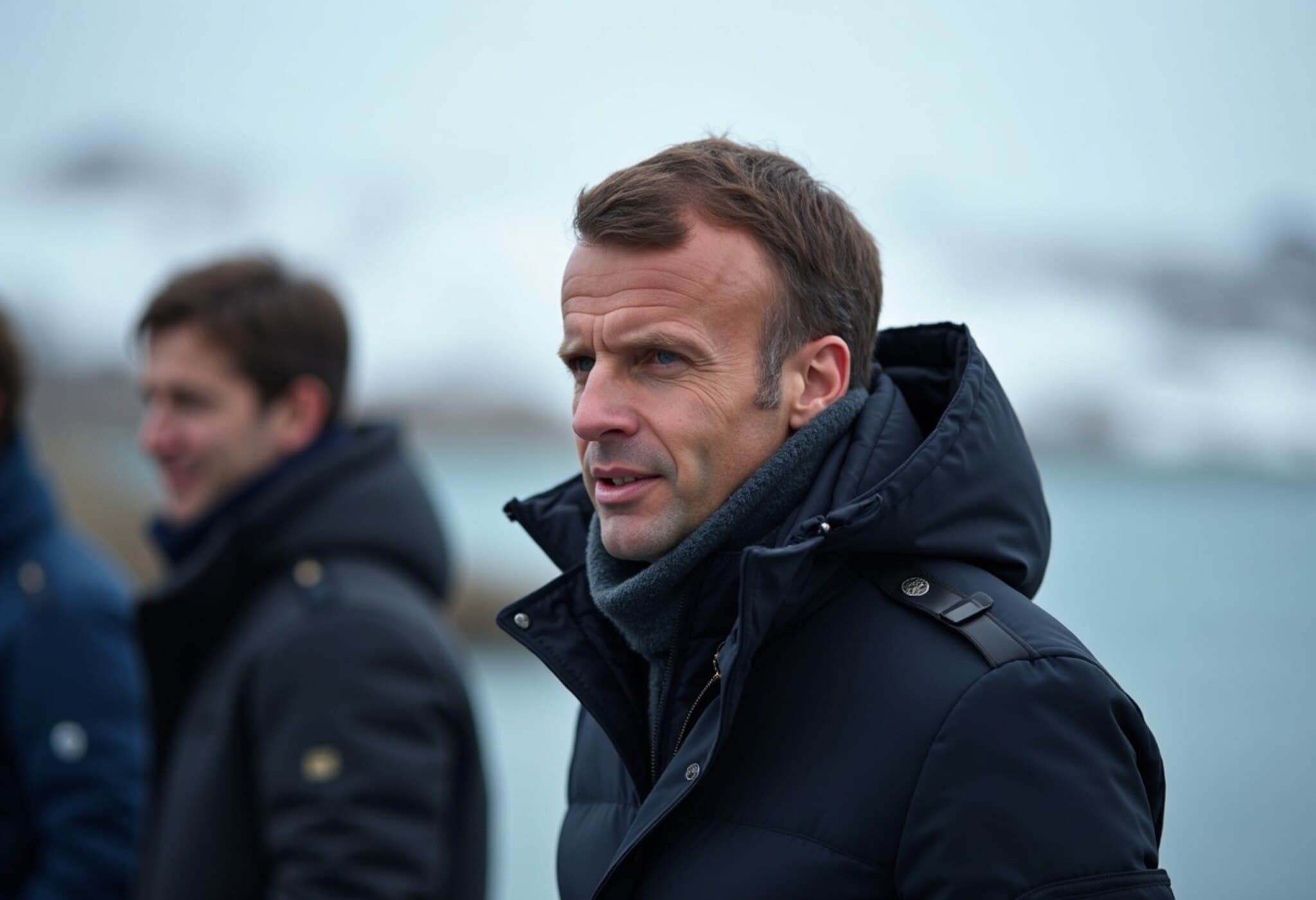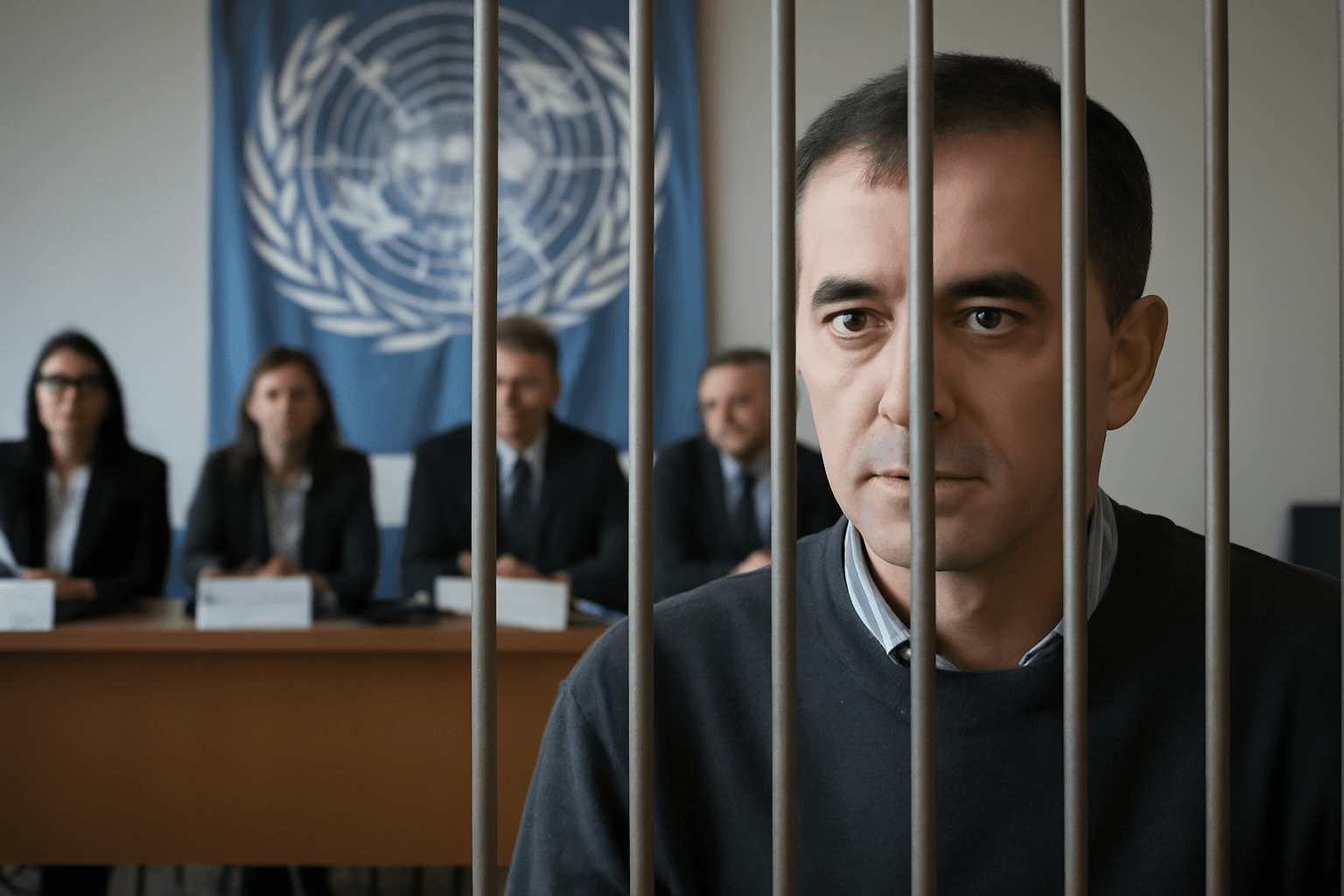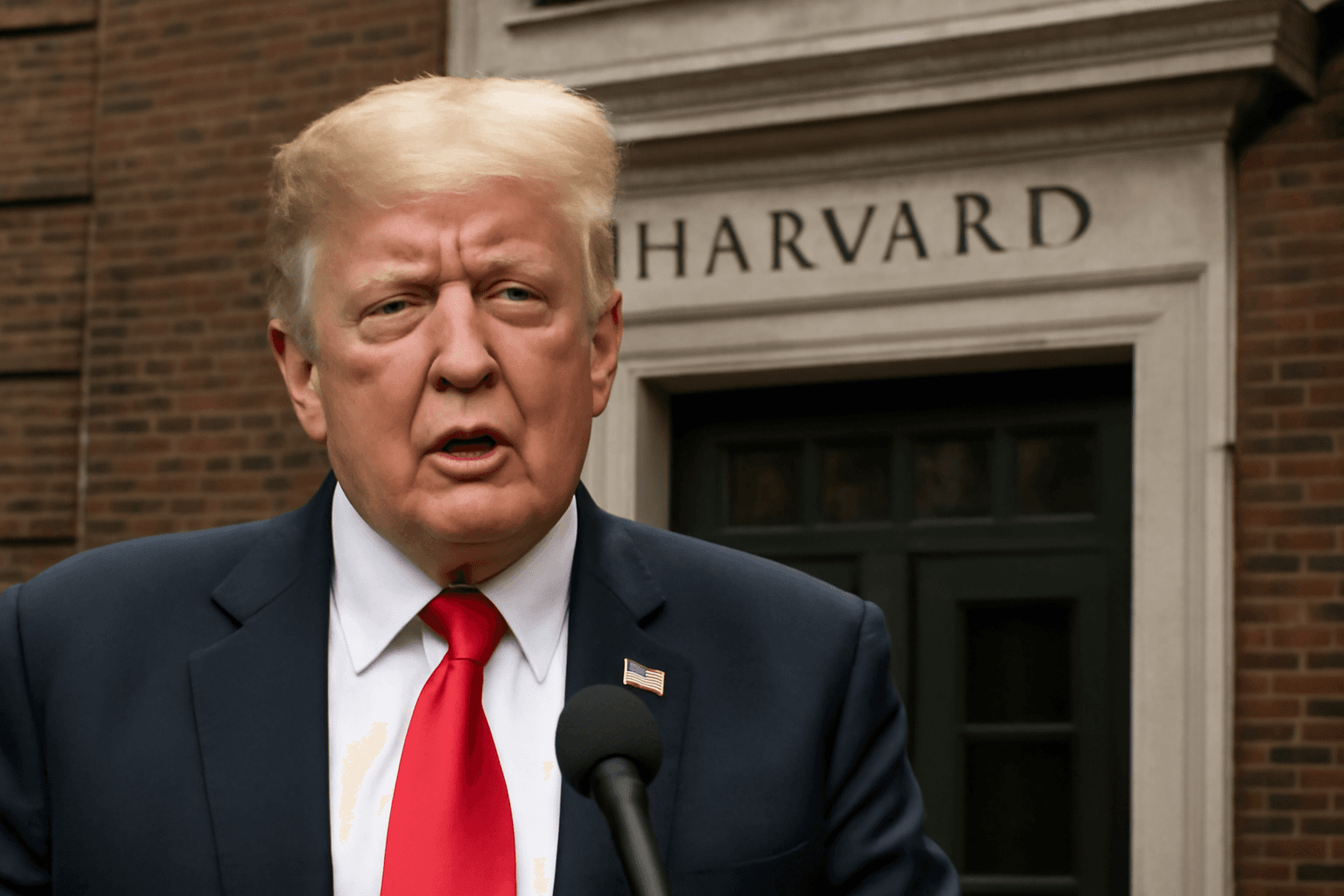French President Emmanuel Macron has pledged to enhance cooperation on defense, transport, and nuclear energy following discussions with Vietnamese leaders. This visit marks the beginning of his Southeast Asia tour aimed at reinforcing alliances in the region.
During a joint briefing with Vietnam's President Luong Cuong in Hanoi, Macron announced the signing of framework agreements related to various defense projects. He also expressed French support for sectors such as space exploration, high-speed rail infrastructure, and civilian nuclear initiatives. "We will work closely to uphold and strengthen free trade and further open markets for both nations," President Cuong stated.
Among the significant agreements established during Macron's visit, VietJet Aviation JSC revealed an expanded order for Airbus A330 widebody aircraft, increasing its commitment from 20 to 40 planes. France and Vietnam also formalized a defense equipment agreement along with agreements on agriculture, satellite collaboration, nuclear energy, and transport infrastructures.
The strengthening of these ties comes at a time when U.S. President Donald Trump's global tariffs are exerting pressure on exports from both countries. Vietnam is actively negotiating to prevent a proposed 46% tariff on its exports to the U.S., while Trump has indicated a potential 50% levy on imports from France and other EU nations.
Following his engagement in Vietnam, Macron will seek to enhance bilateral relations in Indonesia before addressing the annual Shangri-La Dialogue defense summit in Singapore. The three nations underscore France's extensive partnerships across various sectors including energy, transport, and defense, as reported by the French presidential office.
This visit follows similar trips by leaders from China, Spain, Japan, and other countries that highlight Southeast Asia's rising prominence in the context of global trade and supply chain uncertainties.
In a previous meeting held in Paris, Vietnam and France elevated their relationship to a comprehensive strategic partnership during Communist Party General Secretary To Lam's visit. The leaders discussed advancing security and defense collaboration and fostering cooperation in aerospace, transportation infrastructure, and renewable energy.
Amidst these developments, Macron has also been expected to address human rights issues during his Vietnam visit, advocating for the release of civil society activists. Bénédicte Jeannerod, the France director at Human Rights Watch, criticized the Vietnamese government for its crackdown on free speech and assembly, contradicting its commitments to France and the EU.
Moreover, Macron plans to visit the University of Science and Technology in Hanoi to deliver a speech regarding the future of Franco-Vietnamese relations.

